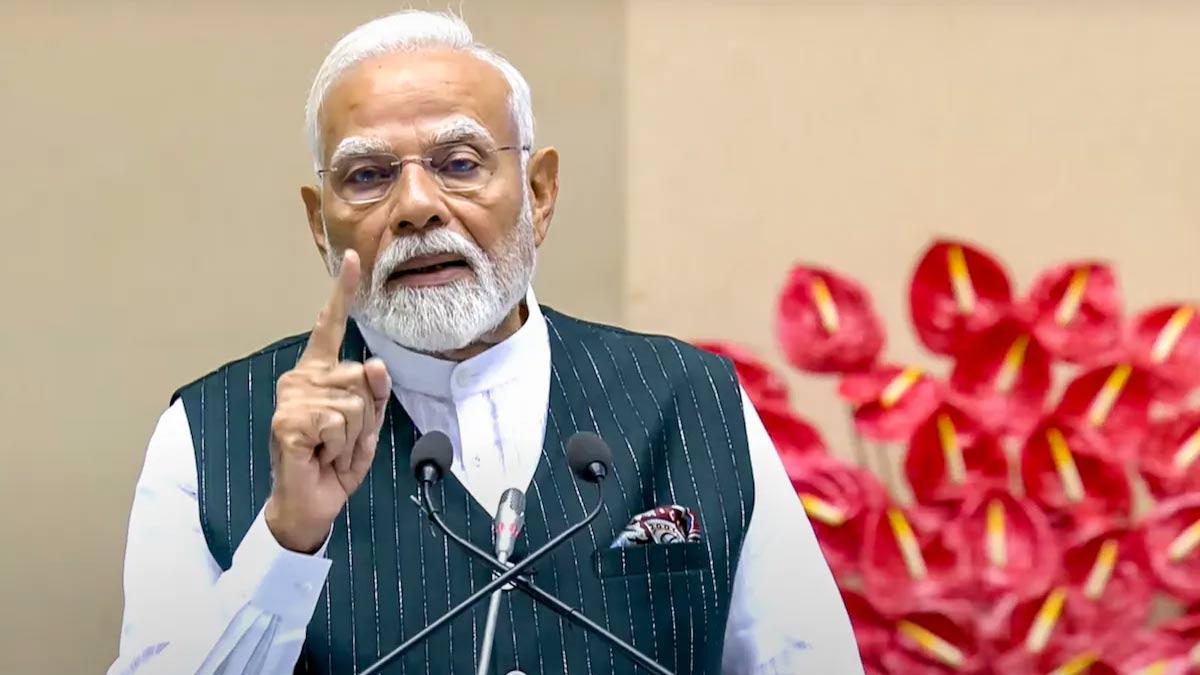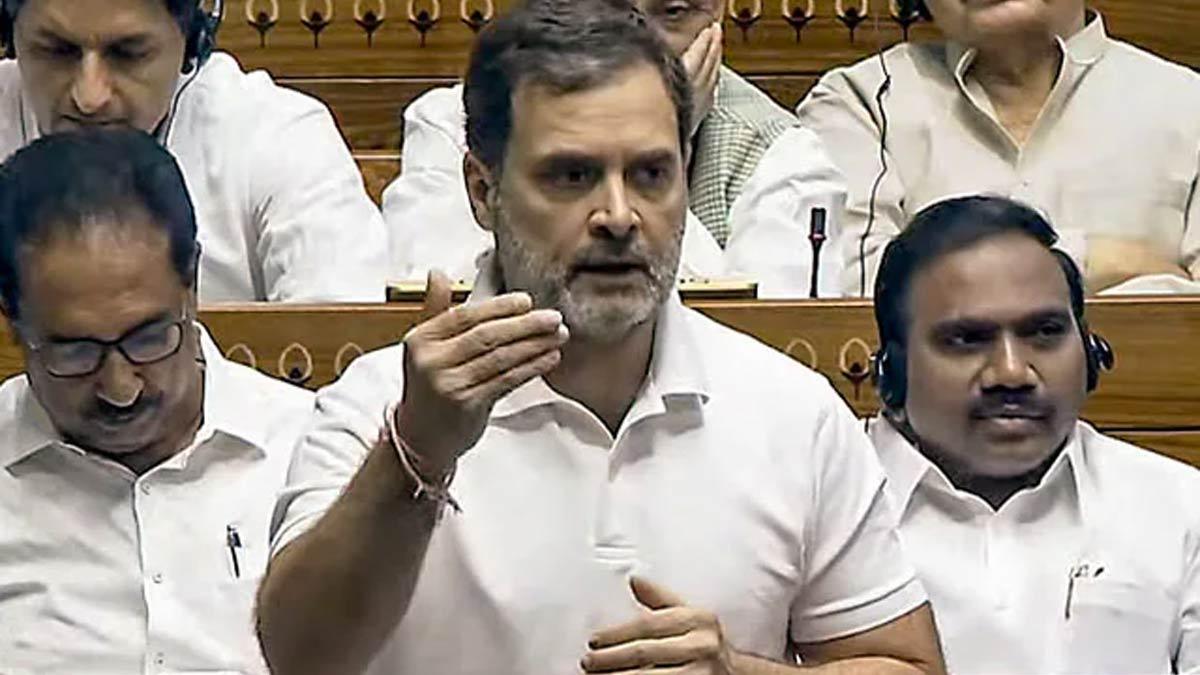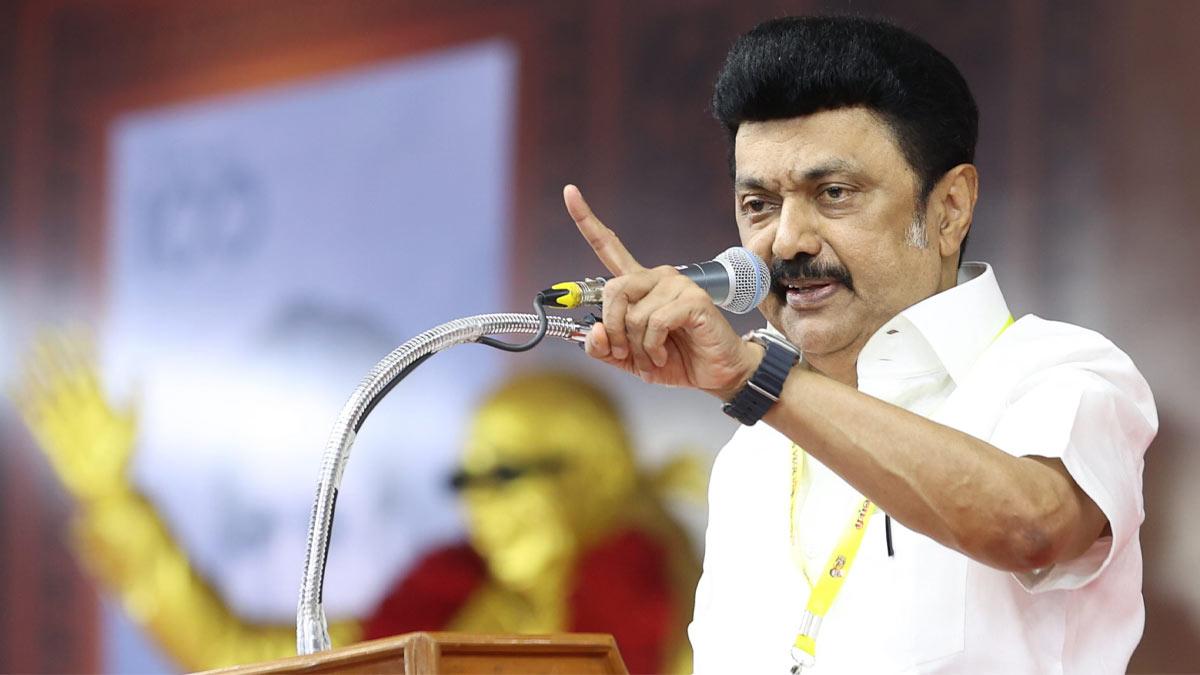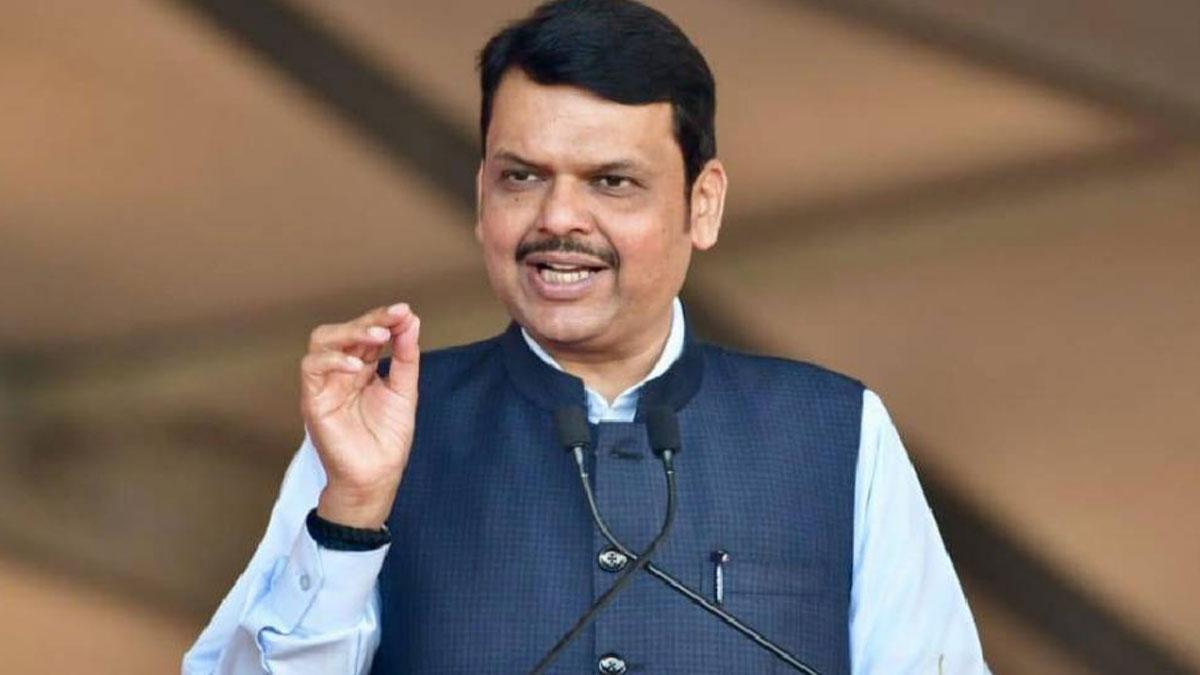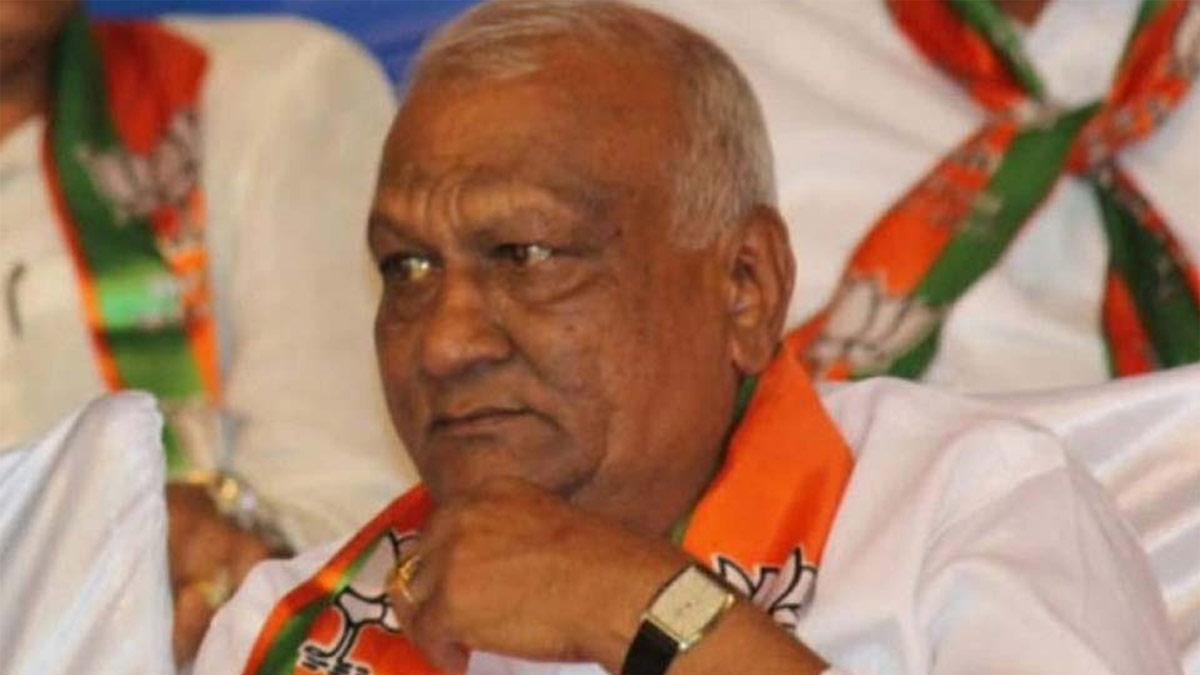A day before the first sitting of the 18th Lok Sabha, Prime Minister Narendra Modi on Monday revisited the Emergency in 1975 when then Prime Minister Indira Gandhi was at the helm, terming it a "black spot" on the Constitution.
His remarks were countered by a visual protest from Opposition INDIA bloc leaders like Congress President Mallikarjun Kharge and MP Rahul Gandhi, who retaliated by waving papers containing the Constitution inside Parliament.
It is the 49th anniversary this year of the declaration of the Emergency on June 25, 1975—a period considered to be among the most contentious in Indian democratic history.
Looking back at the event, Prime Minister Modi said, "Tomorrow is the 25th of June. For all those committed to protecting the honor of our Constitution and those who have faith in Bharat's democratic spirit, the 25th of June is a day that can never be forgotten. Tomorrow is 50 years since a black spot was scripted in India's democracy."
He continued to underscore the importance of not forgetting that time, particularly for future generations. "The next generation of Bharat should never forget how the Constitution was totally disobeyed, brought down, and the nation made a jail, with democracy completely crushed," he stated.
The 50-year milestone since the Emergency is a reminder that we must defend our Constitution and democratic fabric with pride and commitment. The people of our nation need to make a determination never again to permit such a tragedy. We pledge ourselves to foster a strong democracy and fulfill the dreams of the common man as enshrined in the Constitution," Modi added.
This is not the first time the Prime Minister has brought the Emergency to the fore. On the 18th of June, 2023, he said during Mann Ki Baat, "Lakhs of people resisted the Emergency with full strength. Party workers of democracy were tortured so much during those days, that even now, it does shudder the mind."
The Emergency, which ran from 1975 to 1977, was proclaimed after Prime Minister Indira Gandhi broadcast a midnight address on June 25, 1975. The action followed shortly after the Supreme Court issued a partial stay of an Allahabad High Court judgment that had ruled out her election to Parliament, plunging the country into a political crisis.
Gandhi defended the Emergency on the ground of a "deep conspiracy" against the administration. The consequence was suspension of basic rights, censorship of the press, and large-scale arrests of opposition leaders. Mainstream leaders like Jayaprakash Narayan, L.K. Advani, Atal Bihari Vajpayee, and Morarji Desai were put under detention, and opposition was comprehensively suppressed.
The context for the Emergency comprised growing political instability, such as the Gujarat Navnirman movement, a forceful campaign spearheaded by Jayaprakash Narayan, and a large railway strike. Although Gandhi had won a sweeping mandate in the 1971 general elections and been instrumental in the formation of Bangladesh, public discontent grew in regard to growing authoritarianism and economic troubles.
When the Prime Minister invoked the memory of those stormy years in Parliament, the Opposition's symbolic protest underscored the permanent political fault line over the legacy of the Emergency—a phase that continues to influence India's democratic debate.
Read also| Amit Malviya Alleges Rahul Gandhi on Secret Trip Abroad; Congress Hits Back
Read also| Yoga gives world the direction of peace, Says PM Modi

